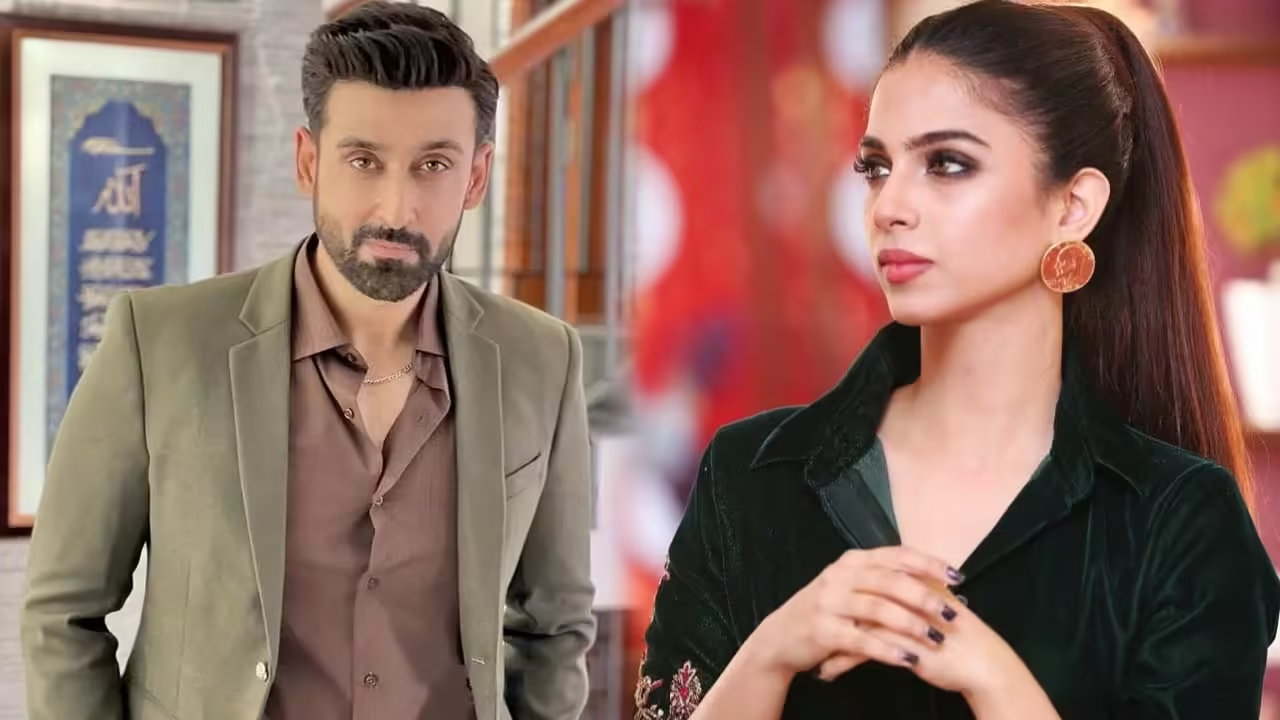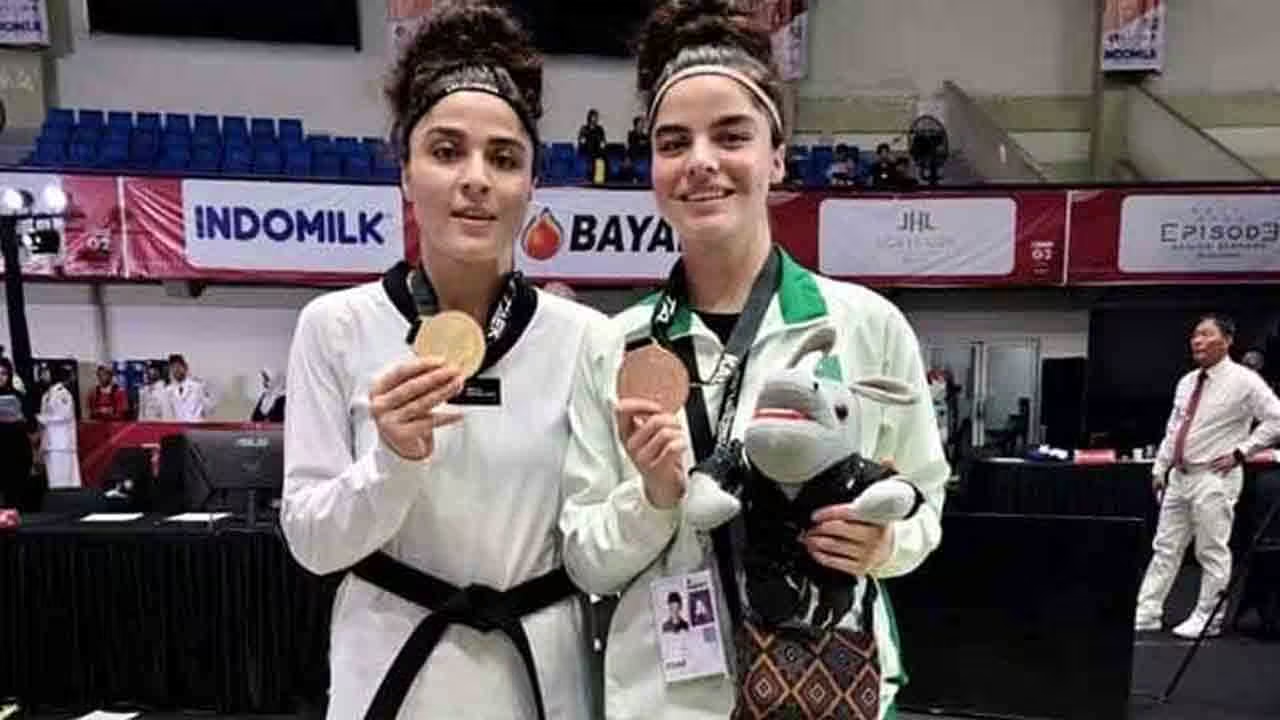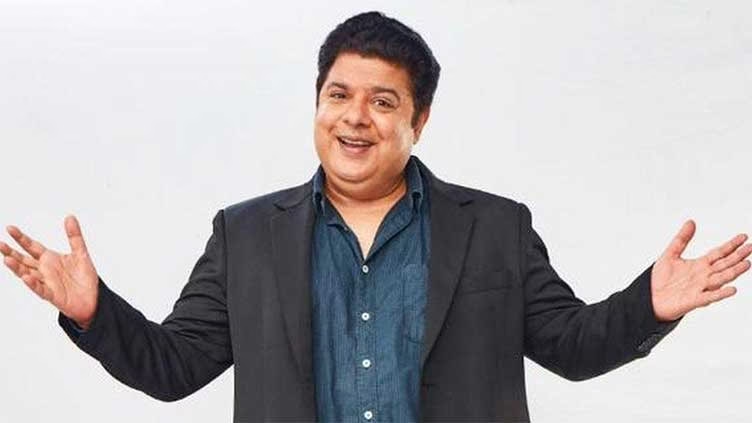Acclaimed actress and social activist Nadia Jamil has sparked a thoughtful conversation on the dynamics of marriage and gender roles after a statement she made went viral. During a recent discussion, she expressed her view that “girls should not become mothers to their husbands, and husbands should not expect their wives to take care of them like a mother does. They should do whatever they feel like doing.”
While the statement resonated with many who advocate for healthier and more equal partnerships, it also drew criticism from some who interpreted it as a dismissal of the nurturing and caring role wives often take on in marriages. Responding to the debate, Nadia has now issued a clarification to explain her perspective and clear any misconceptions.
Clarifying the Intent
In a follow-up statement, Nadia Jamil made it clear that her words were never intended to undermine the value of mothers or the deep care spouses offer each other. No one can, nor should, take the place of a mother, she said firmly. Husbands and wives have different ways of caring for one another. They are equal partners, but a mother’s upbringing is something unique and unparalleled.
She emphasized that her comments were meant to encourage balance and mutual respect in marital relationships. My husband and I take care of each other, but we don’t mother each other, she noted. Her message, she explained, is not about withholding affection or support but rather about promoting maturity and emotional self-reliance in relationships.
Equal Partnerships, Not Parental Dynamics
Nadia’s statement touches on a widely discussed topic in modern relationships — the tendency for women to take on emotional labor far beyond what is healthy or sustainable. This includes managing their partner’s emotions, routines, health, and overall well-being, often to the point of sacrificing their own.
While caring and nurturing are vital in any relationship, Nadia argues that these roles should not mirror a parent-child dynamic. Wives are not caregivers by default,she said. We are individuals with our own needs, emotions, and boundaries.
Her message is particularly relevant in South Asian cultures, where traditional gender expectations often place the burden of care on women. Her call to recognize husbands and wives as equal emotional partners — not caregivers and dependents — has reignited discussions around modern relationship norms.
Individual Love Languages and Boundaries
Nadia also pointed out that each couple has their own way of expressing love and navigating their relationship. Every relationship is different, and the way love is expressed is deeply personal, she said.
She urged people not to project their expectations or cultural norms onto others’ relationships. Just because my husband and I don’t ‘mother’ each other doesn’t mean we don’t care. We express love in a way that works for us.
Her words serve as a reminder that relationships thrive not through rigid roles, but through communication, empathy, and mutual support tailored to the unique dynamic of each couple.
A Broader Conversation About Emotional Labor
The dialogue Nadia has sparked goes beyond a single quote. It highlights the importance of rethinking how emotional labor is distributed in marriages. Emotional labor — a concept that refers to the mental effort required to manage both one’s own and another’s emotions — is often expected of women without recognition or reciprocity.
By saying that women should not have to “mother” their husbands, Nadia is urging society to reconsider how it assigns emotional responsibilities in partnerships. Instead of expecting women to manage every emotional and domestic aspect of a household, couples should aim for shared responsibility and mutual care.
Public Reaction and Support
While her original statement drew mixed reactions, many have since rallied behind her message after her clarification. Supporters praised her for addressing a deeply ingrained cultural issue and encouraging healthier emotional dynamics in relationships.
Mental health advocates and feminists have also lauded her for bringing attention to the topic, emphasizing how important it is for both men and women to cultivate emotional independence and share the burden of care equally.
Nadia Jamil’s message is one of mutual respect, partnership, and redefining love beyond traditional gender expectations. She isn’t advocating for the absence of care — she’s advocating for care that is mutual, respectful, and free from outdated hierarchies.
By voicing what many women feel but hesitate to say, Nadia is opening the door to a much-needed conversation about emotional labor, equality in relationships, and the diverse ways love can — and should — be expressed.



